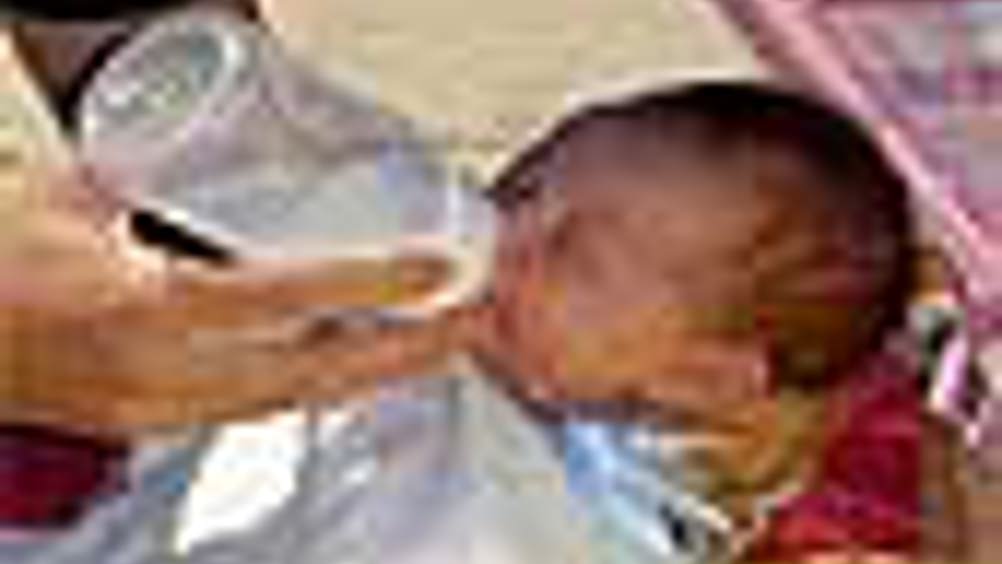Damage limitation from Technion
Researchers at The Technion- Israel Institute of Technology have developed a non-invasive technology for monitoring respiration, especially in premature babies.

Researchers at the
have developed a non-invasive technology for monitoring respiration, especially in premature babies.
The device, which is being clinically tested at the
According to Technion, equipment in intensive care units does not monitor for respiratory problems and up to six hours can elapse from when a problem occurs in lung ventilation until medical staff detect it. This delay can cause irreversible damage to the body's organs.
The device developed at the Faculty of Biomedical Engineering can detect respiratory irregularities in newborn babies at an early stage, reducing the risk of long-term damage to vital organs.
Early detection of respiratory problems, such as accumulation of air between the lungs and chest cavity walls, partial blockage of the air passages, or breathing from only one lung is prevented, reducing the risk of complications and irreversible brain damage.
Register now to continue reading
Thanks for visiting The Engineer. You’ve now reached your monthly limit of news stories. Register for free to unlock unlimited access to all of our news coverage, as well as premium content including opinion, in-depth features and special reports.
Benefits of registering
-
In-depth insights and coverage of key emerging trends
-
Unrestricted access to special reports throughout the year
-
Daily technology news delivered straight to your inbox










Water Sector Talent Exodus Could Cripple The Sector
Maybe if things are essential for the running of a country and we want to pay a fair price we should be running these utilities on a not for profit...